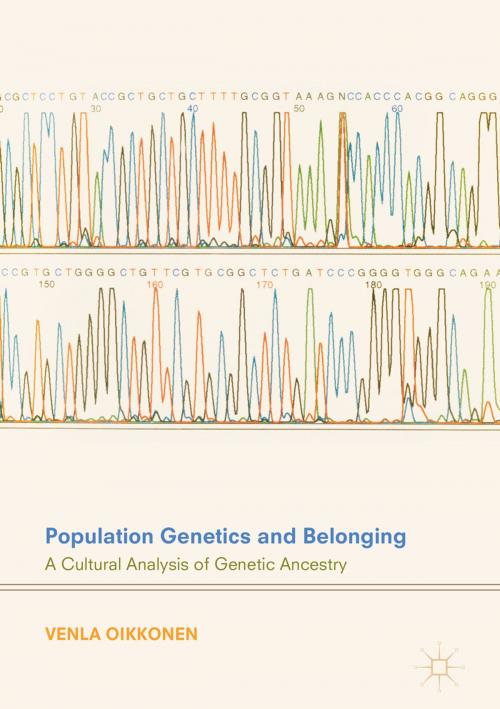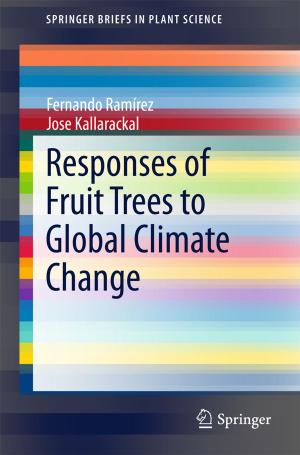Population Genetics and Belonging
A Cultural Analysis of Genetic Ancestry
Nonfiction, Social & Cultural Studies, Social Science, Anthropology, Sociology| Author: | Venla Oikkonen | ISBN: | 9783319628813 |
| Publisher: | Springer International Publishing | Publication: | September 19, 2017 |
| Imprint: | Palgrave Macmillan | Language: | English |
| Author: | Venla Oikkonen |
| ISBN: | 9783319628813 |
| Publisher: | Springer International Publishing |
| Publication: | September 19, 2017 |
| Imprint: | Palgrave Macmillan |
| Language: | English |
This book explores how human population genetics has emerged as a means of imagining and enacting belonging in contemporary society. Venla Oikkonen approaches population genetics as an evolving set of technological, material, narrative and affective practices, arguing that these practices are engaged in multiple forms of belonging that are often mutually contradictory. Considering scientific, popular and fictional texts, with several carefully selected case studies spanning three decades, the author traces shifts in the affective, material and gendered preconditions of population genetic visions of belonging. Topics encompass the debate about Mitochondrial Eve, ancient human DNA, temporality and nostalgia, commercial genetic ancestry tests, and tensions between continental and national genetic inheritance. The book will be of particular interest to scholars and students of science and technology studies, cultural studies, sociology, and gender studies.
This book explores how human population genetics has emerged as a means of imagining and enacting belonging in contemporary society. Venla Oikkonen approaches population genetics as an evolving set of technological, material, narrative and affective practices, arguing that these practices are engaged in multiple forms of belonging that are often mutually contradictory. Considering scientific, popular and fictional texts, with several carefully selected case studies spanning three decades, the author traces shifts in the affective, material and gendered preconditions of population genetic visions of belonging. Topics encompass the debate about Mitochondrial Eve, ancient human DNA, temporality and nostalgia, commercial genetic ancestry tests, and tensions between continental and national genetic inheritance. The book will be of particular interest to scholars and students of science and technology studies, cultural studies, sociology, and gender studies.















